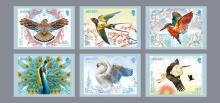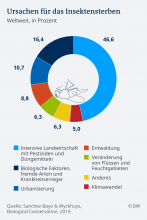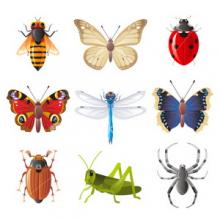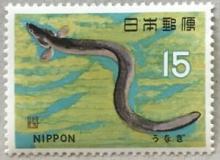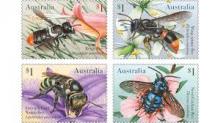Decline in bird population first sign of ecological 'breakdown'
A decline in bird populations is the first indication that something is ecologically amiss, according to an expert from a wildlife organization. "Birds are the first stimulus of degradation in an area. If there is a decrease in the bird populations somewhere, it indicates that something is wrong there," Ahmet Emre Kutukcu, a wildlife expert from World Wildlife Fund (WWF) Turkey, told Anadolu Agency (AA).

